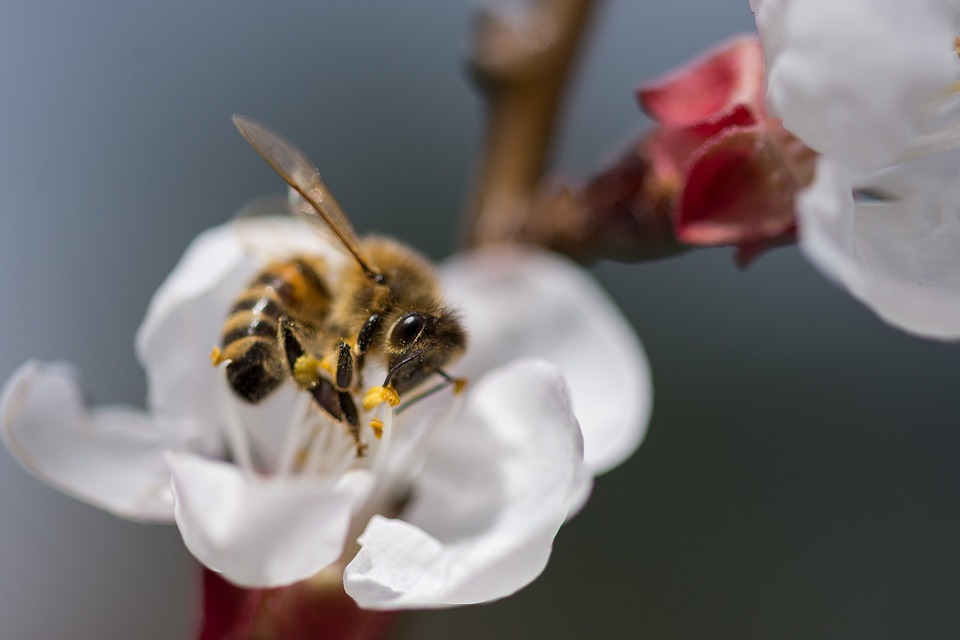Scientists from the University of Würzburg have investigated the impact of a new pesticide on the honeybee. In high doses, it has a negative impact on the insects' taste and cognition ability.
In February 2018, the European Food Safety Authority (EFSA) confirmed that the pesticide group of neonicotinoids is harmful to bees. A novel pesticide manufactured by Bayer AG is therefore being discussed as an alternative; it contains flupyradifurone from the class of butenolides. The product goes by the brand name of Sivanto.
Sivanto is assumed to be effective against various sucking insects such as aphids and whiteflies and can be used on a number of fruit and vegetable crops but also on cocoa and coffee plants. Advertised as bee-friendly, the pesticide can even be applied on flowering fields. It has been available in the US market since 2015. In the EU, it is approved but not yet available.
No impact when used properly
The two researchers first tested the bees' gustatory response to sugar using a standard procedure. Subsequently, the bees were subjected to olfactory conditioning, and on the next day the scientists tested what the bees had retained of what they had learned previously. The experiments prove the following: "Whereas the two smaller doses did not exhibit any adverse effect, a flupyradifurone amount of 1.2 microgrammes per bee results in significantly reduced perception and learning performance," Hannah Hesselbach says.
The good news, however, is that the collecting honeybees will probably not come into contact with such high doses when the pesticide is applied properly. But the scientists believe that further research is necessary to determine the pesticide's influence on motor function, waggle dance or orientation.
